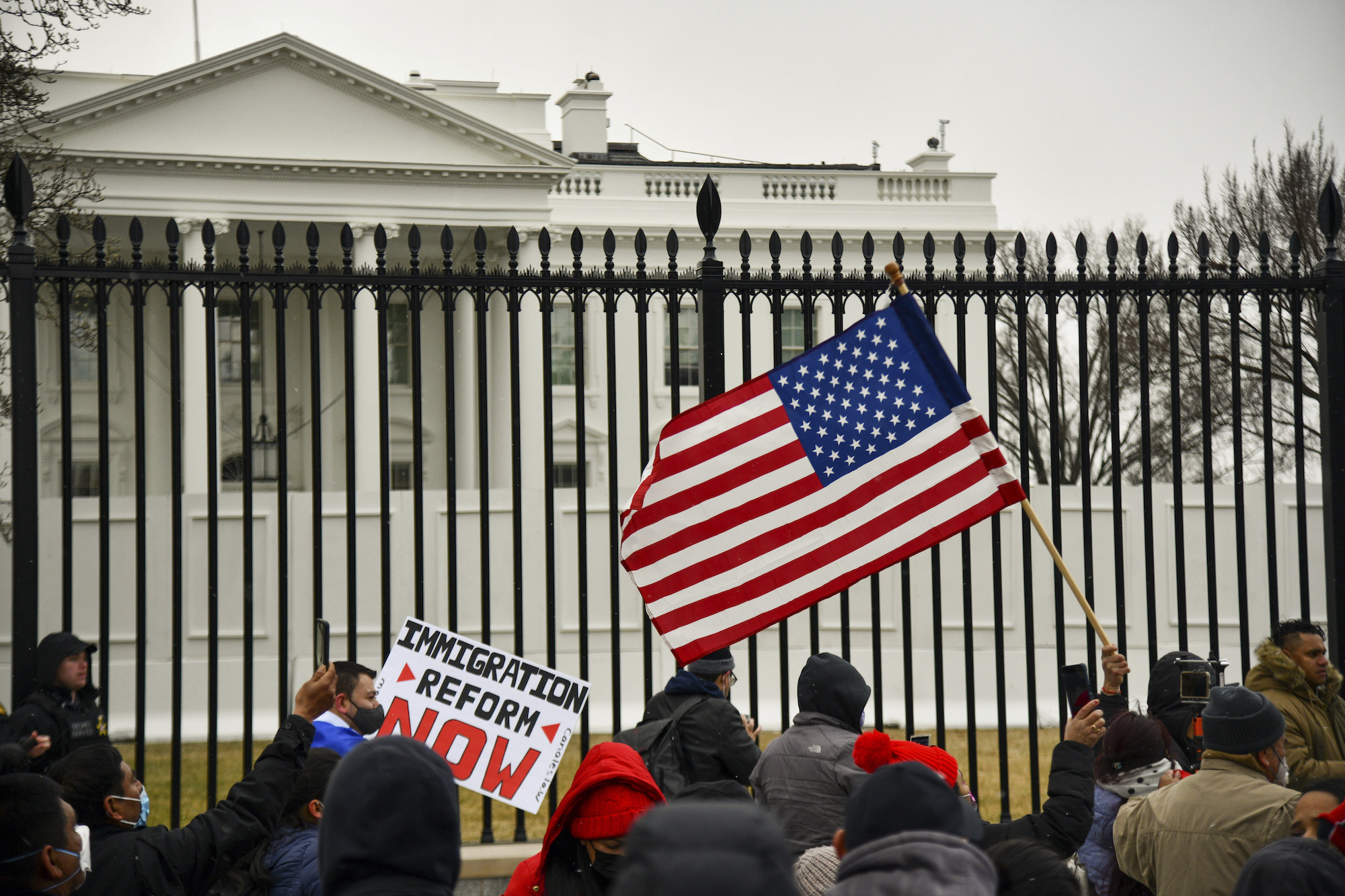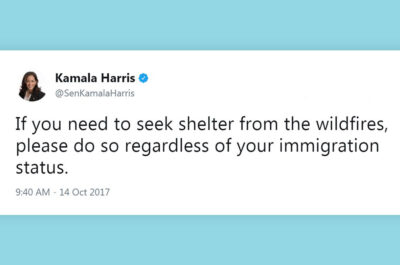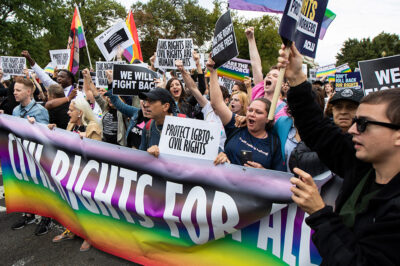
United States v. Helaman Hansen
What's at Stake
This case is about whether the First Amendment permits criminal punishment of speech that merely encourages a noncitizen to remain in the United States, without any requirement of intent to further illegal conduct, and when remaining in the United States unlawfully is itself not a crime.
Summary
A federal law, 8 U.S.C. § 1324(a)(1)(A)(iv) (the “encouragement provision”), makes it a felony to “encourage[] or induce[] an alien to come to, enter, or reside in the United States, knowing or in reckless disregard that such coming to, entry, or residence is or will be in violation of law.” Violating the encouragement provision carries a maximum penalty of five years’ imprisonment, while a separate penalty enhancement provision raises this maximum to ten years when the violation is committed “for the purpose of commercial advantage or private financial gain.”
The respondent in this case, represented by lawyers from the ACLU and the Federal Defender’s Office for the Eastern District of California, argued before the U.S. Supreme Court that the encouragement provision violates the First Amendment because it criminalizes a wide swath of constitutionally protected speech. Read according to its plain terms, the law would make it a crime for a grandmother to say she doesn’t want her undocumented grandchild to leave her, a doctor to advise her patient with an expiring student visa that the patient needs medical treatment provided only in the United States, a priest to inform a noncitizen parishioner whose employment authorization is ending about church child-care and pantry resources that would support her remaining, and a lawyer to counsel an out-of-status noncitizen that she has the ability to become a lawful permanent resident if she does not leave the country. All such speech would be a crime even though the conduct it “encourages” is at most a civil violation of law.
The Supreme Court drastically limited the encouragement provision’s scope in a 2023 ruling, holding that the law applies only to intentional solicitation or facilitation of immigration law violations. The ruling reaffirms that the government can make speech a crime only under the most stringent of circumstances. As the Supreme Court interpreted the encouragement provision, a friend, family member, or professional who merely suggests that a noncitizen remain in the United States, or who informs a noncitizen of their rights if they stay unlawfully, cannot be prosecuted as a felon.
This case has implications for freedom of speech outside of the context of immigration. If the government had succeeded in criminalizing mere “encouragement” of lawbreaking, without more, that could readily have reached other protected political expression—from arguing for peaceful civil disobedience, to academic work advocating violations of environmental and zoning regulations, to broad encouragements to “resist” Court rulings. But the First Amendment protects such abstract advocacy of unlawful conduct.
In a decision limiting the scope of a federal law that threatened free speech rights, the Supreme Court ruled that the government cannot criminalize speech that merely encourages a noncitizen to enter or stay in the U.S. unlawfully. It can only do so where the defendant intentionally solicits or aids and abets specific unlawful acts. The Court’s decision leaves open the question of whether anyone can be prosecuted for intentional solicitation or facilitation of mere civil immigration violations.
United States v. Hansen is a part of the ACLU’s Joan and Irwin Jacobs Supreme Court Docket.
Legal Documents
-
U.S. Court of Appeals for the Ninth Circuit -
04/03/2024
Opinion on Remand
Date Filed: 04/03/2024
Download Document-
U.S. Supreme Court -
06/23/2023
Opinion -
03/17/2023
Reply Brief of Petitioner United States -
02/17/2023
Brief of Respondent Helaman Hansen -
01/18/2023
Joint Appendix -
01/18/2023
Brief of Petitioner United States -
11/14/2022
Reply of Petitioner United States to Brief in Opposition -
10/28/2022
Brief of Respondent Helaman Hansen in Opposition -
08/25/2022
Petition of United States for Writ of Certiorari
Date Filed: 03/17/2023
Download DocumentDate Filed: 02/17/2023
Download DocumentDate Filed: 01/18/2023
Download DocumentDate Filed: 01/18/2023
Download DocumentDate Filed: 11/14/2022
Download DocumentDate Filed: 10/28/2022
Download DocumentDate Filed: 08/25/2022
Download DocumentPress Releases
ACLU, Federal Defender Respond To Supreme Court Ruling That Limits Federal Law Seeking to Criminalize Speech About Immigration
ACLU, Federal Defender’s Office Argue to Supreme Court that First Amendment Protects Speech that Merely Encourages Undocumented Persons to Remain in U.S.


